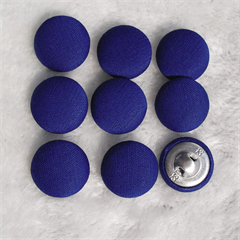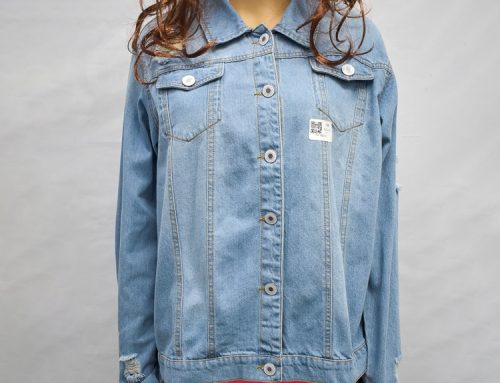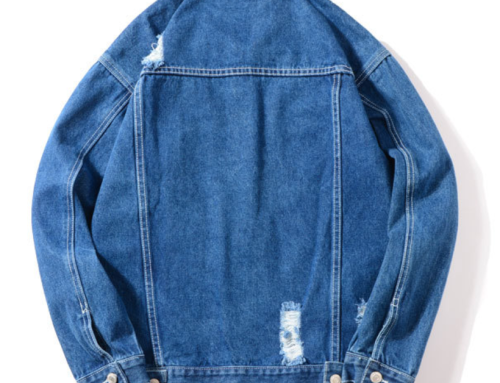**1. Recycled Materials:
- Look for jackets made from recycled materials such as recycled polyester, nylon, or other fabrics. These materials help divert plastic waste from landfills and reduce the need for new resource extraction.
**2. Organic and Natural Fibers:
- Jackets made from organic cotton, hemp, or other natural fibers have a lower environmental footprint compared to conventional materials. They require fewer pesticides and chemicals during cultivation.
**3. Plant-Based Insulation:
- Some brands use plant-based insulation materials like recycled down or recycled wool. These options reduce the reliance on synthetic materials and animal products.
**4. PFC-Free Waterproofing:
- Perfluorinated chemicals (PFCs) are commonly used in waterproof coatings. Look for jackets with PFC-free waterproofing treatments to minimize their impact on the environment.
**5. Certified Materials:
- Seek jackets certified by reputable organizations like the Global Organic Textile Standard (GOTS) or the Bluesign system, which ensure sustainable and ethical production practices.
**6. Second-Hand and Vintage:
- Opt for second-hand or vintage winter jackets. Buying pre-loved items extends their lifespan and reduces the demand for new products.
**7. Local and Ethical Production:
- Choose brands that prioritize local manufacturing and ethical labor practices. Supporting such brands often aligns with sustainability goals.
**8. Repairable and Durable Design:
- Look for jackets designed with durability in mind. Items that can be easily repaired and have a longer lifespan are more sustainable choices.
**9. Circular Fashion Initiatives:
- Some brands offer take-back programs or recycling initiatives for their products, ensuring that they are properly managed at the end of their life.
**10. Low-Impact Dyeing: – Jackets made using low-impact dyeing processes reduce the amount of water and chemicals used in the dyeing process.
**11. Cruelty-Free Options: – If you prefer not to use animal-derived materials, opt for jackets with synthetic insulation and faux fur or other cruelty-free alternatives.
**12. Local Brands and Artisans: – Supporting local artisans who create handmade jackets using sustainable materials can also be a great option.
Remember to research and verify a brand’s sustainability claims before making a purchase. Sustainable winter jackets are an investment in both your comfort and the health of the planet






